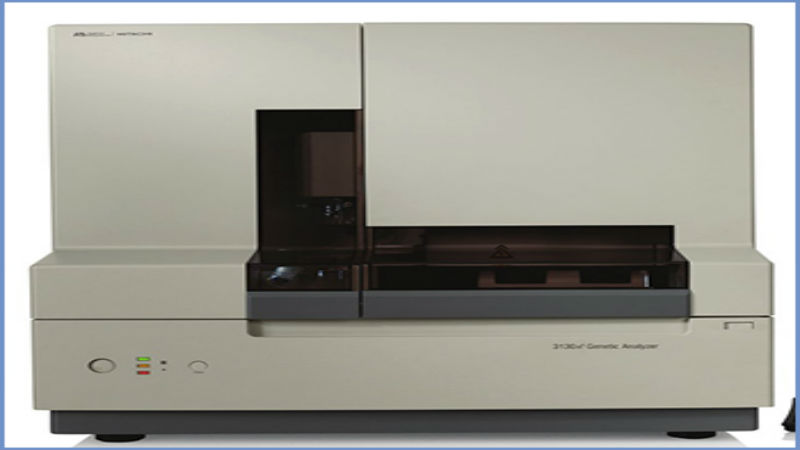Neonatal testing is a growing market globally. It is fuelled by parental concerns as well as increased developments in technology. Such advancements have made it possible to screen infants for a growing number of health issues. Technology is now capable of detecting a variety of metabolic errors indicating actual or potential health risks. While currently the most successful work has been done using an infant’s blood to detect phenylketonuria, other health benefits may result from future developments in testing newborns.
North American Supremacy
In the global markets for neonatal testing, one country continues to dominate. This is the United States. While North America remains prominent overall, the USA provides an impetus to both technological development and its implementation. This is based on the enforced testing in this country for several types of congenital disorders. Interestingly enough, unlike the situation for many other types of testing, COVID in all its variations has not slowed down the perceived and actual need for newborn screening.
What Form Does Neonatal Testing Take?
To adhere to the policies and to discover specific health issues, medical professionals use blood tests. The process employed is a relatively simple one. The doctor obtains a small sample of the infant’s blood by drawing it from the baby’s heel – usually at the hospital. This should occur following the first 24 hours of the baby’s appearance in the world. If the practice takes place before the lapse of 24 hours, doctors recommend the procedure be repeated anywhere from 1 to 2 weeks later. It should also be noted that even those who have followed the recommended guidelines may be required to bring their child for a repeat of the process.
Why Is Neonatal Screening Important?
Neonatal testing is a positive defence against specific conditions. These may be hormone-related (endocrine), genetic and/or metabolic. These blood tests act as an early-warning system for parents and physicians alike. They help to provide the information required to ensure the future health of a precious child.

